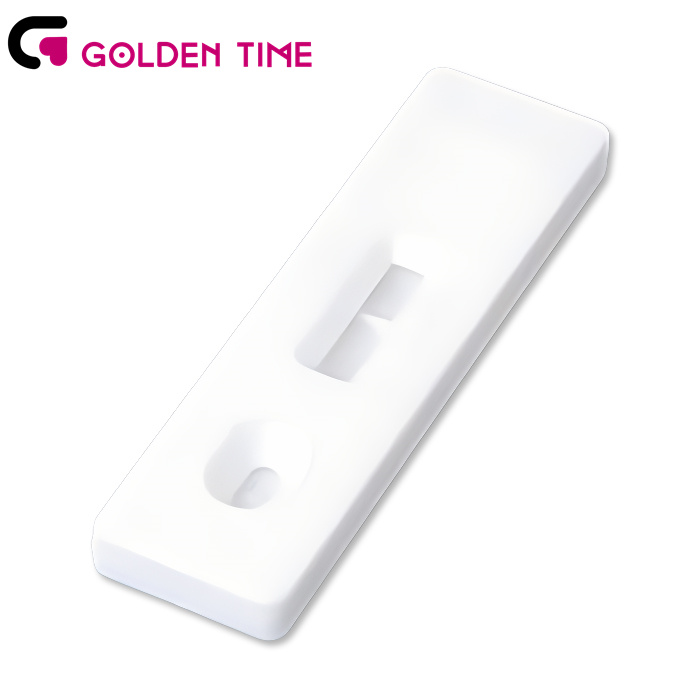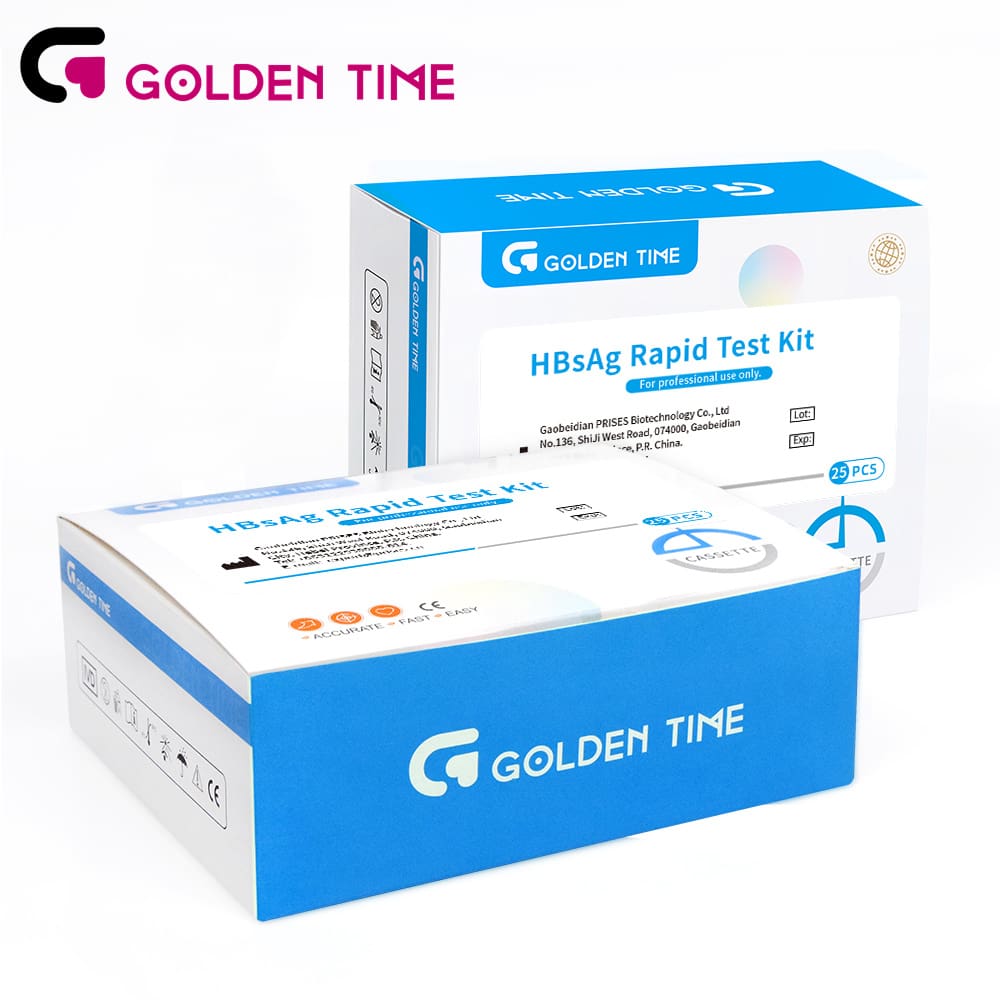Feb . 16, 2025 02:36 Back to list
COVID-19 (SARS-CoV-2) Antigen Test Kit
Navigating the increasingly complex landscape of COVID-19 testing can be daunting, especially with the various options available to consumers today. Among the most popular are antigen COVID tests, saliva-based tests, and comprehensive COVID-19 test kits. Each option offers unique advantages, and understanding these can not only enhance personal health management but also contribute to public safety efforts.
In terms of expertise, professionals consistently emphasize the importance of matching the right test to the right situation. For instance, while antigen tests provide expedient results, they are most effective when used frequently and among those showing symptoms. On the other hand, those requiring high accuracy or testing asymptomatic individuals might opt for molecular tests available through comprehensive kits. This nuanced understanding highlights the critical role each test type plays in comprehensive public health strategies. The credibility of these testing methods is reinforced by rigorous evaluations conducted by health organizations and continuous updates based on emerging data. Institutions like the World Health Organization (WHO) and the Centers for Disease Control and Prevention (CDC) provide guidelines that assure consumers of the tests' reliability and operational validity. Their endorsement, coupled with studies published in peer-reviewed medical journals, enhances public trust and transparency. In conclusion, selecting the appropriate COVID-19 testing method is integral to managing both individual health and broader public health concerns. As testing technology continues to evolve, so too does our ability to control and ultimately overcome the challenges posed by this global pandemic. By understanding the distinct features and applications of antigen tests, saliva tests, and comprehensive COVID-19 test kits, consumers can make informed decisions conducive to safety and well-being, fortifying societal resilience against current and future viral threats.


In terms of expertise, professionals consistently emphasize the importance of matching the right test to the right situation. For instance, while antigen tests provide expedient results, they are most effective when used frequently and among those showing symptoms. On the other hand, those requiring high accuracy or testing asymptomatic individuals might opt for molecular tests available through comprehensive kits. This nuanced understanding highlights the critical role each test type plays in comprehensive public health strategies. The credibility of these testing methods is reinforced by rigorous evaluations conducted by health organizations and continuous updates based on emerging data. Institutions like the World Health Organization (WHO) and the Centers for Disease Control and Prevention (CDC) provide guidelines that assure consumers of the tests' reliability and operational validity. Their endorsement, coupled with studies published in peer-reviewed medical journals, enhances public trust and transparency. In conclusion, selecting the appropriate COVID-19 testing method is integral to managing both individual health and broader public health concerns. As testing technology continues to evolve, so too does our ability to control and ultimately overcome the challenges posed by this global pandemic. By understanding the distinct features and applications of antigen tests, saliva tests, and comprehensive COVID-19 test kits, consumers can make informed decisions conducive to safety and well-being, fortifying societal resilience against current and future viral threats.
Latest news
-
Accurate HCG Pregnancy Test Strips | Fast Home Use Kit
NewsJul.31,2025
-
Reliable Early Pregnancy Test Kit Supplier - Multi Plastic Cassette Options
NewsJul.30,2025
-
Transferrin Rapid Test Cassette – Reliable Tumor Marker Detection
NewsJul.29,2025
-
Accurate Follicle Stimulating Hormone Test Kit | Rapid Reliable Results
NewsJul.29,2025
-
High Accuracy LH Ovulation Test Kit - Digital Results & Wholesale Options
NewsJul.29,2025
-
HbsAg Blood Rapid Test Kit for Fast & Accurate Hepatitis B Detection
NewsJul.28,2025

